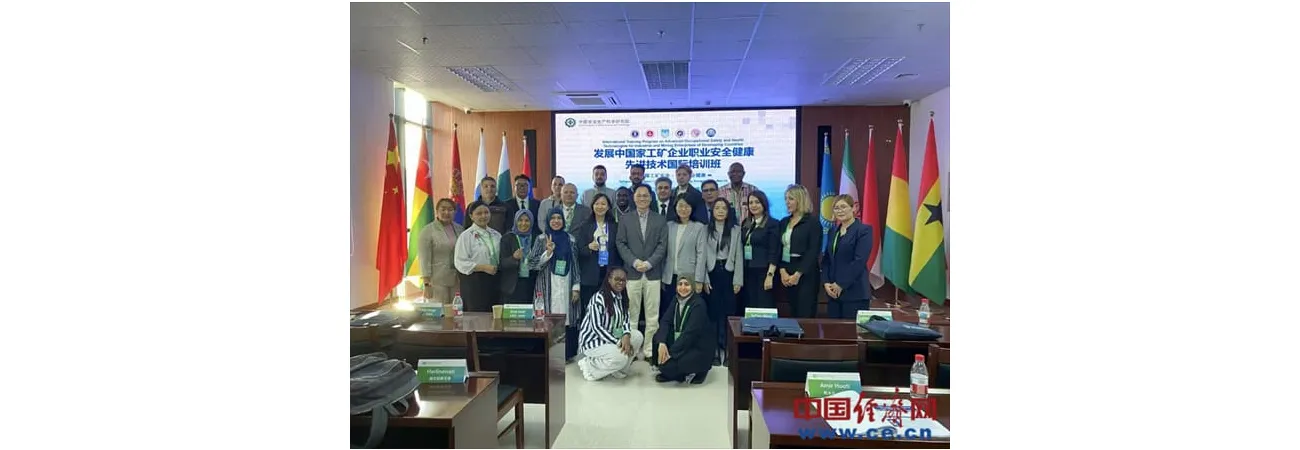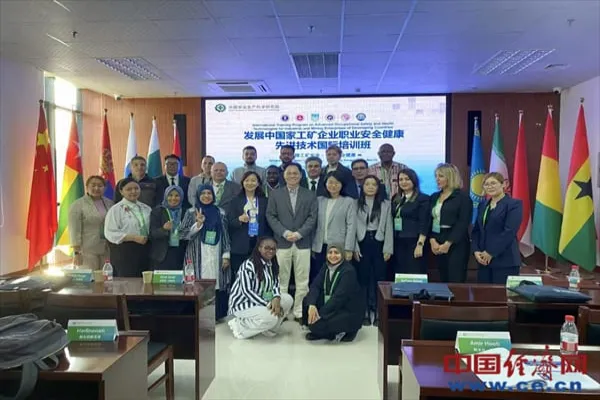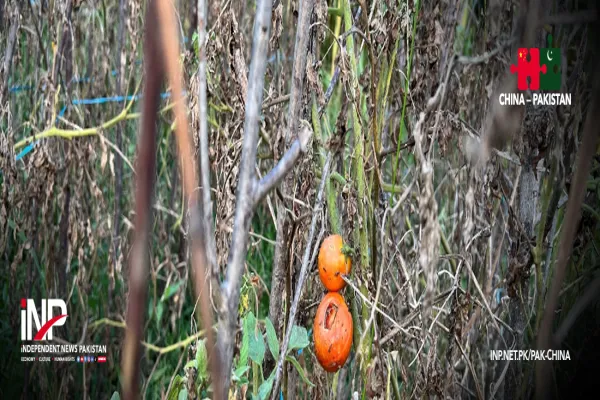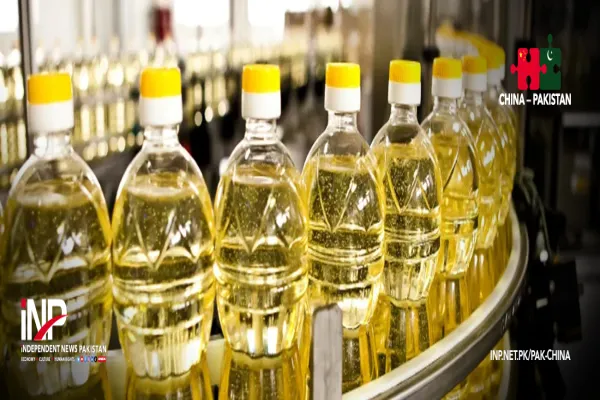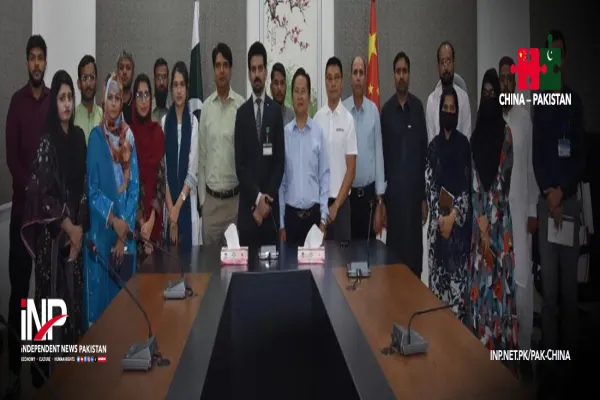i NEWS PAK-CHINA
The "International Training Program on Advanced Occupational Safety and Health Technologies for Industrial and Mining Enterprises of Developing Countries" is ongoing at the China Academy of Safety Science and Technology (CASST). Twenty professionals from ten countries, including Pakistan, Russia, Indonesia, Iran, Kazakhstan and Mongolia, are gathering in Beijing to study the latest Chinese technologies of occupational safety and health, China Economic Net (CEN) reported on Friday.
Hosted by the Department of International Cooperation of the Chinese Ministry of Science and Technology, this 15-day training program introduces to participants China's management concepts, advanced technologies, cutting-edge equipment, and emergency response methods in the field of occupational safety and health.
It helps participants address the key challenges faced by industrial and mining enterprises in their countries, and enhance their management and technical capabilities in areas such as mine ventilation, dust and toxic substance control, slope stability, industrial and trade safety, fire prevention and control, monitoring and testing, personal protection, and emergency rescue, thereby promoting the coordinated development of occupational safety and health support capabilities.
“There are many things I would like my country to start implementing for the safety of workers and citizens, and to support economic development. Pakistan suffered one of its worst floods a few months ago in different regions. If we had a safety monitoring system that provided real-time data, we might have prevented this disaster.
With the help of drones to locate civilians and reach out to them, I believe many lives could have been saved,” Noor Azhar, a Pakistani student who is pursuing a PhD in safety engineering at China University of Mining and Technology (CUMT) told CEN.
“When speaking with CASST professors, I learned that they are working on further developing the safety scanning monitor - currently only used for open-pit mines - so that it can also be used in urban areas to monitor land and prevent destruction,” she added. Looking ahead, Noor said “I hope someday I can give back through my research and experiments to my country Pakistan, and to China. I believe we can all work together to create a safer place for everyone.”
Credit: Independent News Pakistan (INP) — Pak-China



